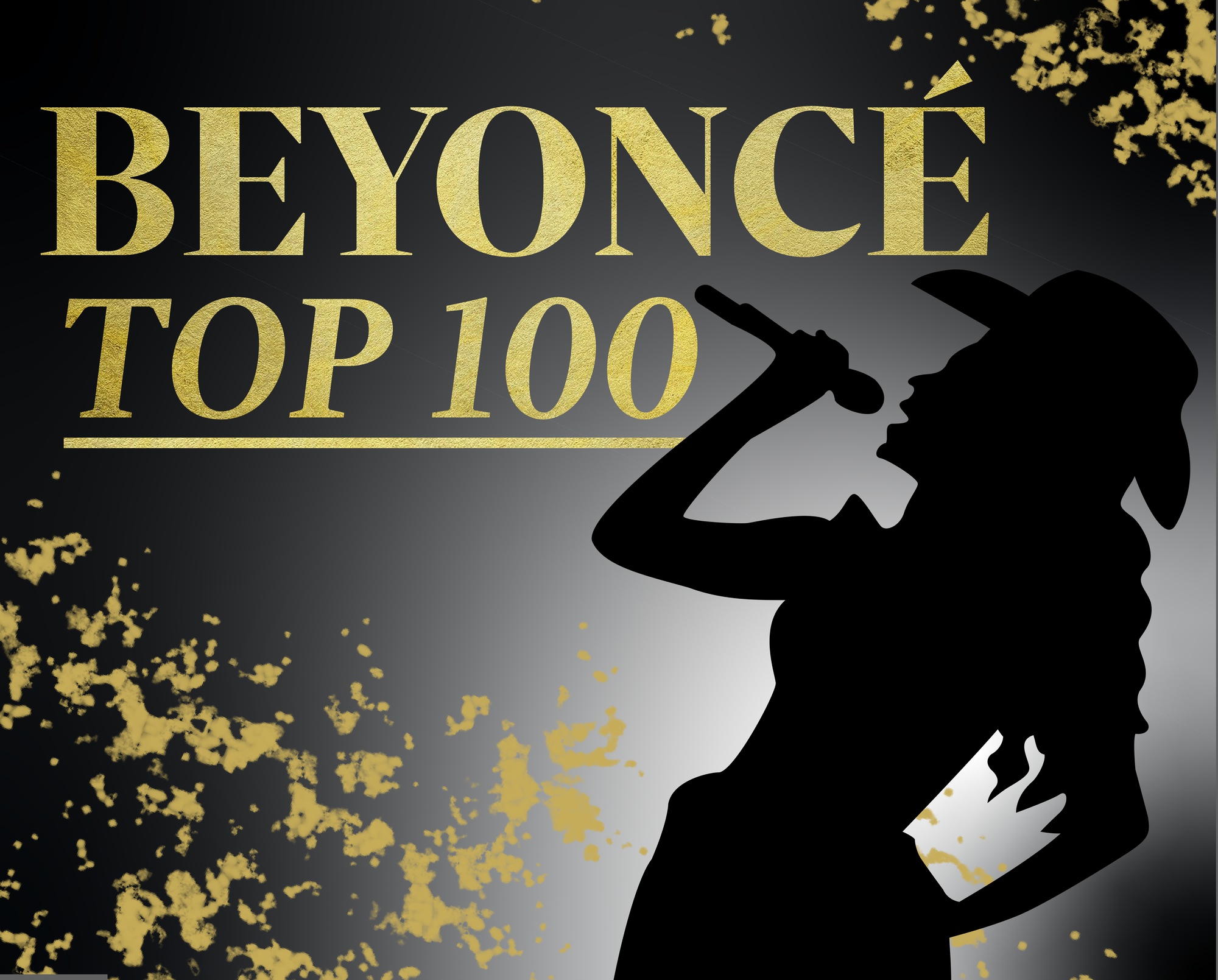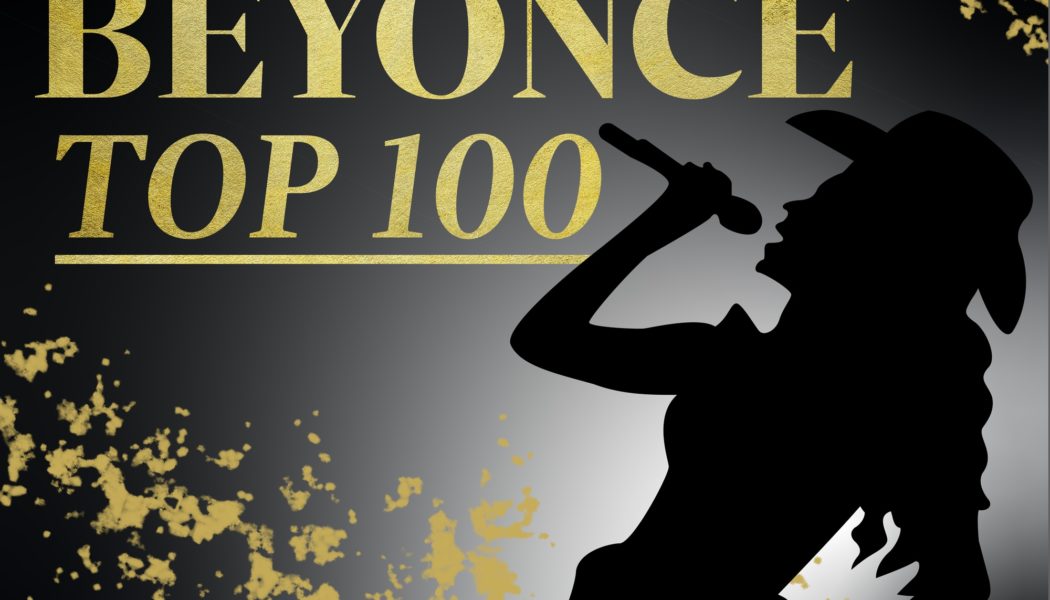
When most people think of country music, images of old white guys, tractors, and landscapes of the American South tend to come to mind. Maybe you think of Dolly Parton or songs like “Wagon Wheel” and “Tennessee Whiskey.” While traditional country music is an important cultural facet, a looming issue remains, buried underneath this celebration. Why do the people who pioneered the country genre never come to mind when discussing its creation?
When we picture the founders of country music, it is imperative to picture enslaved people and African Americans and imagine traditional West African instruments, religious tunes, and work songs. We must envision a genre based in both unity and resistance.
Country music is a genre founded, molded, and upheld by the Black community. Starting from the Banjo, an instrument within the lineage of the West African lute, Africans sparked the creation of the genre. Through the slave trade and the spread of African American culture, the Banjo became a central component of enslaved people’s music. However, as their music spread to white audiences through deeply racist Minstrel shows, the genre was rebranded as “hillbilly music” and quickly became known as the country music we know today. Early country music was often rebranded or stolen from the hymns and field songs of Southern enslaved people, as well as from professional, Black musicians. The previous state song of Virginia, “Carry Me Back to Old Virginia,” was created by James Bland, an African American musician and songwriter. While Slave culture shaped country music, African American recognition was lost as popularity grew among white audiences. This cultural failure remains evident today.
African Americans fail to receive credit for their creativity in engineering the sounds we know and love as country music. Today, the Black community still lacks recognition for their contributions and their talents are not recognized by the country industry. While white musicians can yodel, stomp, clap, and pluck without repercussions, Black artists do not receive this freedom; African American musicians who dare to enter the country scene, regardless of whether they were born and raised in the South, are faced with extreme backlash for simply honoring their artistry.
Beyoncé Knowles Carter recently became the first Black woman to top the Billboard Country Music Chart for her recently released hit single, “Texas Hold ’Em,” in anticipation of her new album set to release on March 29. While this incredible accomplishment highlights Beyoncé’s dedication and talent, it’s no coincidence that since the creation of the country chart 76 years ago, a Black woman has never held the top spot on the chart. The disparity proves that despite Black communities spearheading the development of the country genre, they still lack celebration in the industry.
Listeners, musicians, and executives actively, whether consciously or not, contribute to Black exclusion. Beyoncé is no stranger to this rejection, yet she continues to break the boundaries of the country industry, defy expectations and records, and produce music with an irreplaceable impact and legacy.
Some may argue that while Beyoncé creates true country music, her lack of connection to the culture makes her work unworthy of validation. However, Beyoncé was born and raised in Houston and does not allow listeners to forget her connection and appreciation for Southern culture. In the iconic line from her globally adored song “Formation,” Beyoncé proclaimed, “My Daddy Alabama / Momma Louisianna / You mix the Negro with a Creole/ Make a Texas-Bama.” Despite this proud and overt appreciation for her Southern roots, Beyoncé still cannot escape the criticism that she is not welcome in the country space.
Some of the most widely recognized country performers, like Shania Twain and Keith Urban, are not from America and have no heritage connected to the American South, yet they face no backlash for their country music. This inability of the industry to accept Beyoncé’s Southern roots shows that the musicality of her country songs is not the issue, but her Blackness is the barrier to her acceptance.
Country music is a new direction for Beyoncé compared to her recent work, but this is not her first rodeo. With the unequivocally country track “Daddy Lessons,” from her 2016 album “Lemonade,” Beyoncé shines in a cinematic and powerful track. However, The Grammys rejected “Daddy Lessons” from the country awards category, despite Beyoncé receiving nominations in a wide array of other genres, demonstrating that her musical flexibility is also not the issue. Additionally, Beyoncé performed “Daddy Lessons” with The Chics at the 2016 Country Music Awards and received extreme backlash while The Chics received no divisive messages. The only notable difference between their act was Beyoncé being the only Black female performer; the infuriated response demonstrates that even a well-loved, White counterpart can’t prevent the exclusion of Black musicianship in the country space.
Advertisement
While it remains important to regard the past overt and harmful exclusion of Black people from the Country music genre, it is imperative to also celebrate current artists’ contributions. Lil Nas X, Mickey Guyton, Reyna Roberts, and many more talented, Black musicians continue to create country music in the face of intense barriers to their acceptance. Despite the music industry’s lack of acceptance of Beyoncé’s extraordinarily diverse musicianship, she continues to blaze her own path and celebrate her culture.
Both the industry and listeners must work to better celebrate Black people in artistic spaces where they lack representation. Nevertheless, Beyoncé becoming the first Black woman to top the country music charts is a historic moment that many will look upon for inspiration and empowerment.









